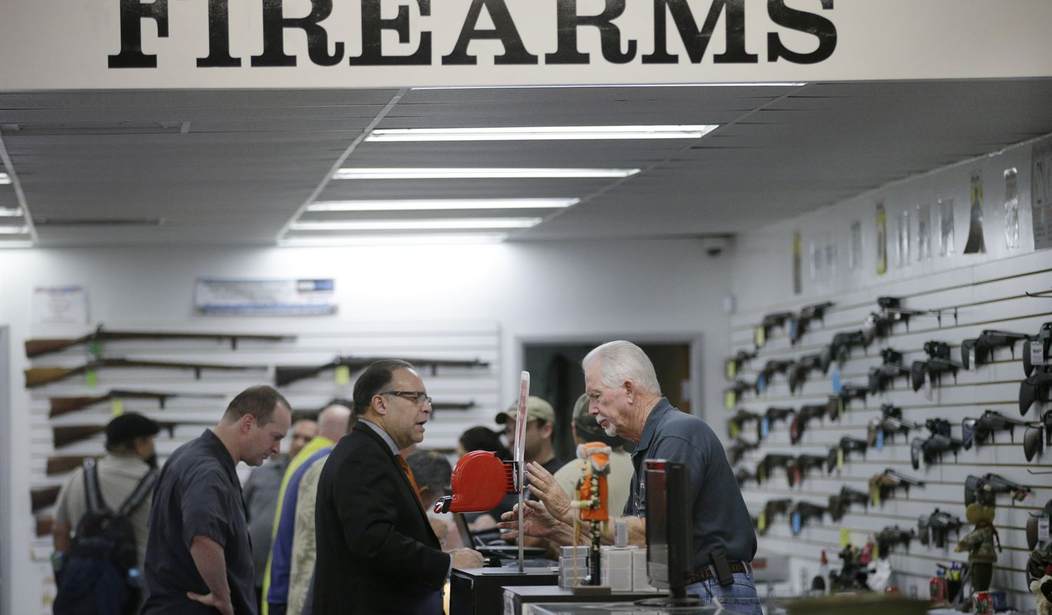The circuit court judge who ruled that Oregon’s Measure 114 establishing a “permit-to-purchase” scheme and imposing a ban on so-called large capacity magazines violates the state constitution says he’ll hold off on signing his final order in the case until after a January 2nd hearing, where the state will have the opportunity to object to some of his factual findings.
It’s highly unlikely that the hearing will change Harney County Circuit Judge Robert S. Raschio’s determination that Measure 114 conflicts with Article 1, Section 27 of the Oregon constitution, which states, “The people shall have the right to bear arms for the defense of themselves, and the State, but the Military shall be kept in strict subordination to the civil power.” Allowing the state to present its case, however, does make it at least slightly more difficult for Oregon Attorney General Ellen Rosenblum to assert irregularities in the circuit court trial while the case is appealed.
There are a couple of Rashcio’s findings that are being challenged by the state, starting with his determination that the FBI would not be handling the expanded background checks that come as part of the permit-to-purchase scheme.
At the time of trial, the FBI refused to allow state police access to the bureau’s fingerprint-based criminal history data.Before Raschio issued his ruling on the measure, the state Attorney General’s Office worked out a temporary fix with the FBI, according to court records.The FBI offered a “grace period”that would grant Oregon State Police access to the bureau’s national criminal history data to complete the fingerprint-based background checks, as long as the state police won’t let anyone other than a local police chief, a county sheriff or one of their subordinate officers have access to the information.Under the measure’s language, a local police chief, sheriff or “their designee,” may serve as the “permitting agent,” who would obtain an applicant’s fingerprints.Before “permitting” could work, the FBI had to authorize state police to submit fingerprints obtained from local permitting agents through the FBI’s Next Generation Identification database, a biometric system that allows for a search of identity record. But the FBI was concerned a third party could access the criminal history data.Under a negotiated temporary fix, the state police will only share the national criminal history information with a sworn law enforcement officer, according to the state attorney general’s office.Regardless of the FBI’s position, Wilson argued that the judge had said he wouldn’t consider how the measure’s regulations would be put into practice, and would restrict his ruling to the language of the measure.Aiello, for the Harney County gun owners, responded that the FBI’s changed stance occurred after trial, and the judge shouldn’t consider it because there’s “no guarantee” the FBI will continue to allow Oregon access to do the fingerprint-based national criminal history records.









Join the conversation as a VIP Member